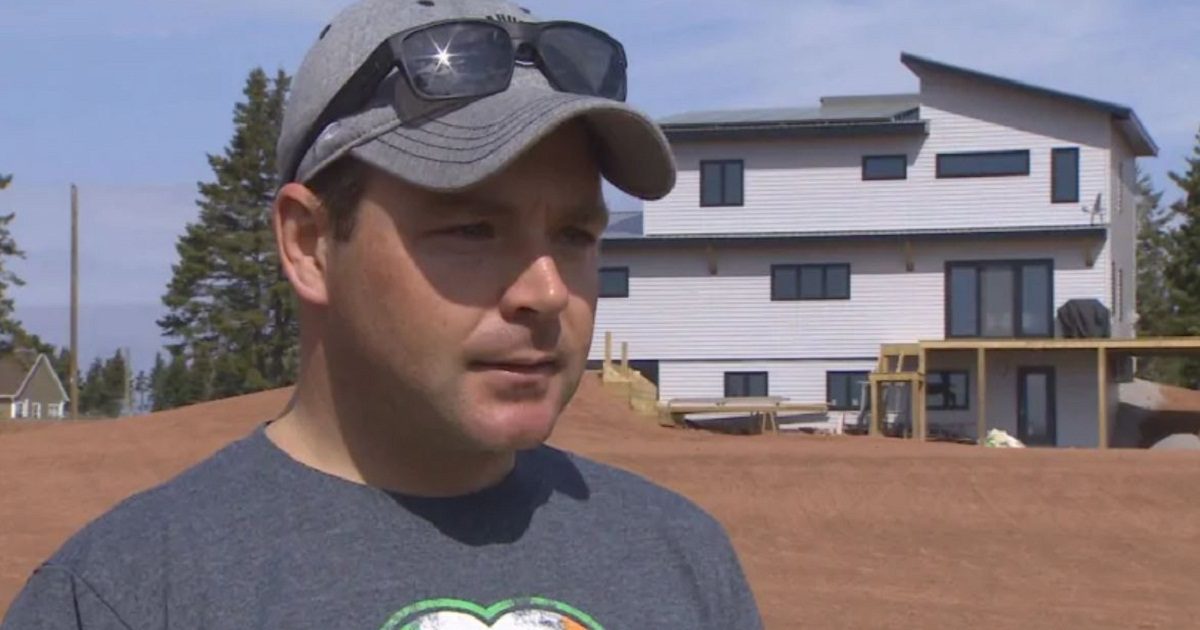The people in your life should be ones who lift you up, not tear you down. Once in awhile, it’s a good idea to do a little inventory of your friends to weed out the negative influences. Here’s a list of five toxic types to help you start making room for more positive relationships.
The 5 Toxic People
1. The Constant Critic
You know that feeling of never being good enough? Doesn’t matter how hard you try, there’s always that one person letting you know what you did wrong. Some people believe that we are our worst critics, so the last thing we need is another one.
It can also take the form of a (literal) voice hovering over your shoulder that points out every single detail that doesn’t matter, or you missed. If you did miss something, who cares? If this person believes they’re adding value to your life, they will stand by your side and not critique.
That doesn’t mean that all criticism is bad, however, the constant criticizer often fails to be constructive in his or her comments. You may bear the brunt of negativity, the critic is most likely the one with the problem. That “friend” who criticizes your being instead of your behavior usually has low self-esteem or wishes to maintain control. If control is that person’s motivator in your relationship, then you should part ways.
2. The Passive Aggressor

The passive-aggressive person in your life is probably a “actions speak louder than words”person. That’ll really let you know you probably did something wrong. How are you supposed to know the source of this person’s passive-aggression if they continue to be cryptic in their actions or comments?
If you know a passive-aggressor, their interactions with you are most likely indirect and rooted in anger. A relationship with this type of person is unhealthy because the more you have these indirect interactions, the more likely you are to start overanalyzing what they say. This could result in you believing that you did something wrong, or you are somehow responsible for the other person’s anger.
When people choose not to be forthright and honest about their feelings, their relationships fall apart.
3. The Narcissist
The better-than, the one-upper, the anything-you-can-do-I-can-do-better is a narcissist. You may have observed a narcissist in action at least once in your life. The people who fall into this category seem to have a strange gravitational pull that keeps people around! The world revolves around them and they always make sure that you’re aware of it.
In case you haven’t noticed, narcissists are quite shallow and anger quickly if you make them feel undermined. Before you become too emotionally invested in a relationship with a narcissist, you’d be wise to cut ties because they don’t care about you.
4. The Psychopath
This toxic type doesn’t refer to the crazy friends you sometimes playfully call “psycho,” but the very real Antisocial Personality Disorder (ASPD) that that one person in your group may have. According to the Diagnostic and Statistical Manual of Mental Disorders, ASPD includes sociopathy and psychopathy. If you have someone like this in your life, you’ve probably observed some of their traits. They exhibit polar opposite behavior; for example, one moment they may explode in anger and violence and then feel remorse. Other times, they feel no remorse or empathy at all.
The fact that we also share some of these opposing tendencies, makes us forgive and accept people in our lives who may have ASPD. The more invested you become in this relationship, the more a fallout will hurt. The best and healthiest thing you can do is separate yourself from them and try to tell them to get professional help.
5. The Non-Communicator
There’s one constant in these people and that is communication. Communication is the factor that makes our relationships functional or dysfunctional.
The non-communicator will not speak to you if there’s any conflict or confrontation. This individual will refuse to engage in critical conversations.
It’s those important, relationship-altering conversations that you may want to pay attention to. If your friend is someone you can say you know, make sure you explain your side of the story and let them know that you’re there to listen without judgment. But if there isn’t any breakthrough, then it might be time to think deeply about whether you want to continue nurturing this relationship alone.
Psychologists’ Advice for Ending Toxic Relationships

Rosemary K.M. Sword and Philip Zimbardo combined their backgrounds in counseling, therapy, and psychology, and have come up with five steps to end a toxic relationship.
Do you think your are in denial? Try to evaluate the situation honestly and then, review past negative behaviors.
What are the benefits of your current relationship? Do this to discover how you feel in the present.
What are other things in life that make you feel good? Practice selected present hedonism to fill the void you feel.
When was the last time you went out with friends or hung out with someone new? Try to be pro-social and surround yourself with positive people.
Have you reflected on your past relationships? Do this so that can replace past negatives with future positives.
If you know someone who might like this, please click “Share!”


